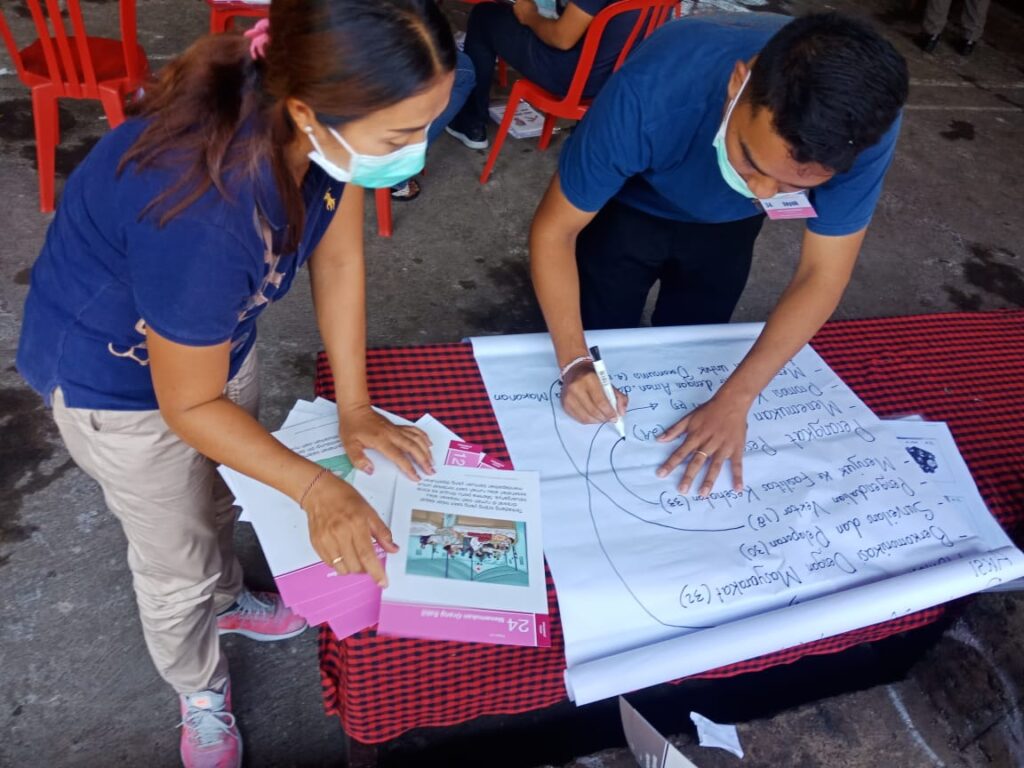Teen Prep Kit Emergency Planning Activities – Arabic
The GDPC and the American Red Cross noticed a gap in youth preparedness resources when it comes to teens, where preparedness resources are often curated for adult or child audiences, which leaves teens (ages 13-19) under engaged and underprepared. To address this gap, the Teen Prep Kit was a project that engaged RCRC youth across […]
Teen Prep Kit Emergency Planning Activities – Arabic Read More »









